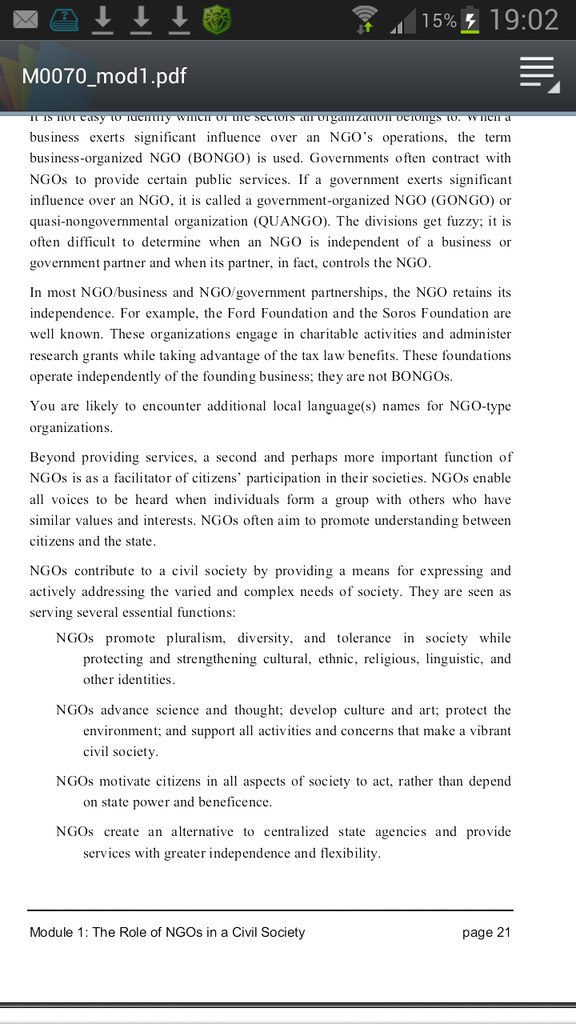
- •Sustainable consumption and production (scp).
- •Strategic priority areas in the work of the Center for scp (cscp).
- •Resource-and low-waste technologies.
- •Energy efficiency. Alternative energy sources.
- •Energy efficiency-low consumption in industry.
- •Energy efficiency in buildings, transport, appliances.
- •Energy saving programs and legislation in Kazakhstan.
- •The role of the Kyoto Protocol in achieving sustainable energy use.
- •Ethical principles and standards of business and management of the organization.
- •Sustainability and social responsibility.
- •Corporate social responsibility. The benefits for business and society from implementing the principles of corporate social responsibility.
- •Civil society as an important component of sustainable development.
- •The concept of citizenship. Citizenship as an essential element of a democracy.
- •Democracy: principles and values.
- •Prospects for the development of civil society in Kazakhstan.
- •The value of public sector in political decisions aimed at sustainable development.
- •Human rights as the supreme human value. The purpose of creation of the United Nations.
- •The Universal Declaration of Human Rights as the basis for the concept of sd.
- •The Human Rights and sustainable human development.
- •The legislation of Kazakhstan on Human Rights – reflection of the standards of international laws.
- •Role of political parties and ngOs in building a civil society.
- •23. The concept of welfare and well-being.
- •24.Social indicators that reflect different aspects of well-being.
- •Absolute and relative income.
- •Monetary income in the assessment of living standards of the population.
- •Types of inequality. International inequality and its causes.
- •Quantitative characteristics of inequality: the Gini coefficient, Lorenz curves.
- •Inequality in the countries with transition economies and Kazakhstan.
- •Absolute and relative poverty.
- •Indicators of poverty. The Human Poverty Index.
- •The levels of urban and rural poverty.
- •State and regional programs of Kazakhstan on poverty reduction.
Role of political parties and ngOs in building a civil society.
Both parties and civil society organizations mediate between the individual and the state, but they do so in different ways and have different functions. Civil society, as Diamond points out, is made up of a vast array of organizations, both formal and informal. There are ethnic, religious and communal institutions; commercial associations; interest groups representing workers, professionals, pensioners and others; informational and educational entities that disseminate knowledge and information; issue-oriented groups that promote environmental, human rights, and other causes; developmental organizations that work to improve the quality of life of the community; and nonpartisan civic groups that work to make the political and economic system more accountable and transparent. While civil society groups perform valuable functions and can articulate a clear message, they do not seek to gain power and form a government. This is the function of political parties, towards which end they offer policy choices and options for which they are held accountable in the electoral process and also for their performance in office. It is only through the activities of parties that there can be the periodic and orderly competition for power that is the substance of democratic politics. Civil society groups can represent specific needs and interests, but they cannot translate their actions into national decisions, nor can they make the trade-offs and compromises necessary to assemble broad coalitions that can produce a governing majority. Civil society can initiate a democratic transition; but only parties, with the help of civil society, can consolidate a democratic system and institutionalize a democratic political process.

23. The concept of welfare and well-being.
The word "welfare" has two very different meanings in economics. Welfare refers to a collection of government programs such as food stamps and Medicare, usually intended to help the poor.
However, economists more often use the word "welfare" in a very different sense--as a synonym for wellbeing. Welfare or wellbeing refer to an overall condition, emphasizing happiness and contentment, though also including one's standard of living in financial or material ways. Welfare in this sense more commonly refers to the condition of an entire country or economy, which is sometimes emphasized by using the phrase "social welfare." Welfare in the sense of wellbeing turns out to be an easier concept to imagine than to analyze carefully.
Economists have always recognized that not all happiness derives from being financially well off. We all know that being wealthy is not the same as being happy. However, it is rather hard to quantify happiness and even harder to aggregate happiness across people because people generally have a variety of tastes. Consequently, over the years economists have invented some specialized technical names for happiness, including utility, satisfaction, preferences, tastes, indifference curves, wellbeing, and welfare.
